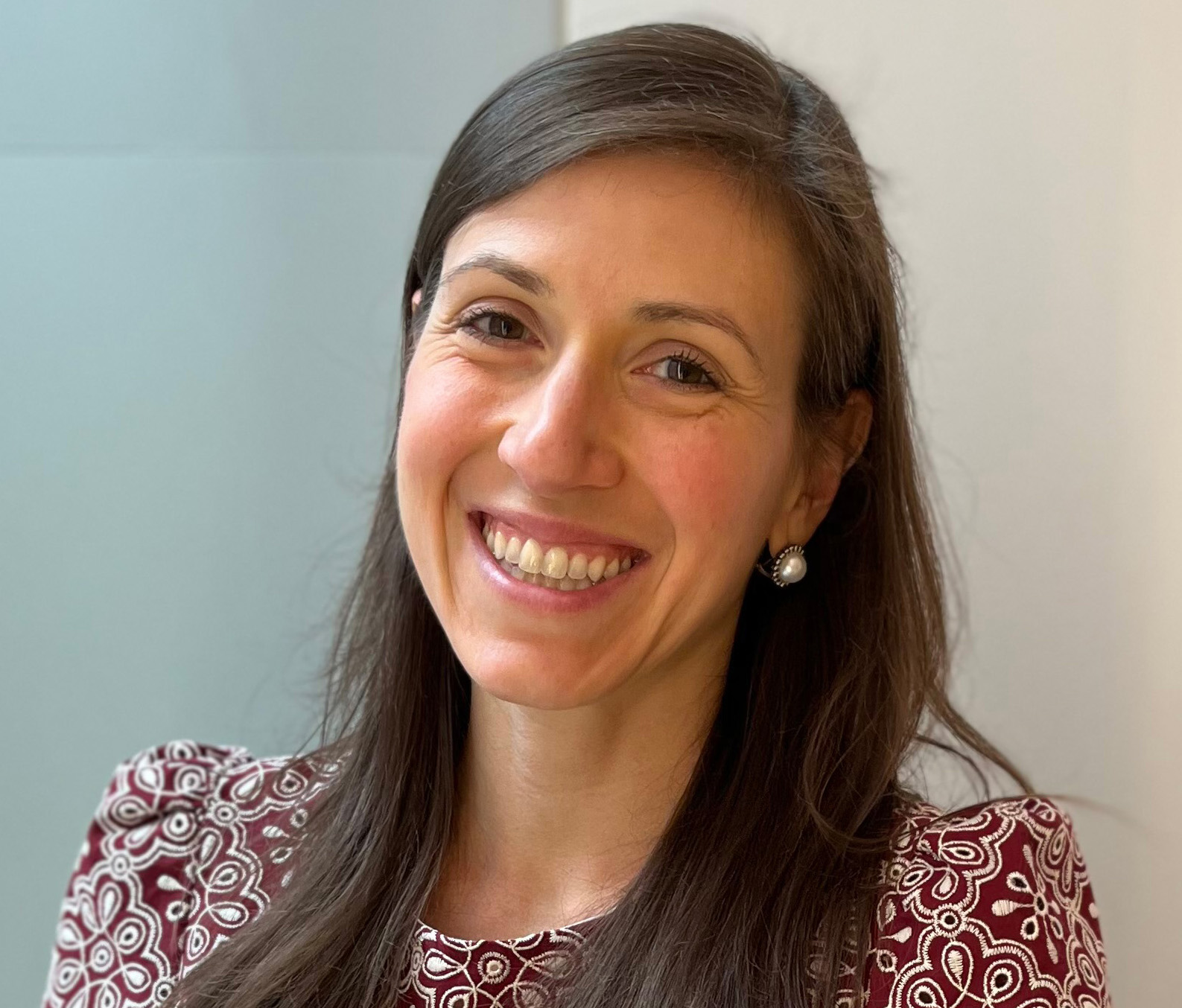
Laura Pinheiro, M.P.H., Ph.D., is an associate professor of health services research in medicine at Weill Cornell Medical College. Among her current projects is a trial aimed at improving diabetes management for breast cancer patients undergoing chemotherapy at various Weill Cornell Medicine locations in New York City. The study grew out of collaborations with a group of clinicians, including experts in primary care, clinical oncology and health-care delivery. “The idea that my research can make a difference for women dealing with a cancer diagnosis and treatment is deeply meaningful for me,” she says.
- What was the genesis of your team’s breast cancer/diabetes trial?
My multi-disciplinary network has allowed me to learn about health-care delivery for cancer patients with comorbid conditions, which may be overlooked. Uncertainty around who should manage diabetes for patients on chemotherapy has resulted in significant gaps in care. Oncologists’ expertise and interests are not in diabetes management, and the result is that women with breast cancer and diabetes are significantly less likely to receive surgery, radiation or chemotherapy than breast cancer patients without diabetes. Furthermore, primary care physicians are often unfamiliar with different chemotherapy regimens and may feel unprepared to manage diabetes in this context. And patients usually stop seeing their regular doctor because of the overwhelming demands of cancer treatment.
Upon learning of this, I wanted to design a solution to address patients’ needs without increasing the burden on primary care providers, oncologists and patients.
- What are some of the challenges women face managing both diabetes and a breast cancer diagnosis – and what does your trial entail?
Diabetes is challenging, and a cancer diagnosis often overwhelms patients and makes diabetes self-care even more difficult. Cancer treatments further complicate diabetes: Chemotherapy often results in nausea and vomiting, which can lead to hypoglycemia, and chemotherapy regimens often require corticosteroids, which can lead to hyperglycemia. Patients may not know how to adjust their diabetes medications to control blood glucose during this unstable time.
My team and I partnered with patient, oncology and primary-care stakeholders to develop and test an intervention to manage diabetes for women with breast cancer. A control group received educational materials about diabetes and cancer; the intervention group received the same materials and also met weekly with a nurse practitioner – certified in diabetes education – over the course of their chemotherapy. The nurse practitioner managed patient’s diabetes medications and counseled the women on nutrition, physical activity and other lifestyle factors.
- Tell us about the results and how they might affect women more broadly.
Our preliminary work shows that the intervention we’re testing – working with a diabetes educator during chemotherapy – is feasible and acceptable for both clinicians and patients. Now, we want to rigorously test its effectiveness in a randomized control trial. We hope to show that our intervention keeps patients on their planned chemotherapy regimens, reduces emergency department visits and hospitalizations and supports their quality of life.
Women often have other complications in their lives. Many deal with the physical and mental consequences of treatment while taking care of their children and loved ones, navigating employment, supporting partners, and grappling with the implications of their diagnosis. This takes a toll on a woman’s well-being – we hope our intervention can be one part of alleviating this burden.
We also hope that our novel care model could be expanded to other cancers such as ovarian, uterine and colorectal. With their diabetes under control, patients feel physically better during their cancer treatments. This is especially important given the huge toll that surgery, chemotherapy and radiation take on a patient’s body and mind.
- Why is philanthropic support important to funding work like yours?
I have applied for funding to expand the study to other cancer types, and for creating a diabetes-cancer training program that can be scaled to community oncology practices. A study like mine is very unlikely to be prioritized by current grant funders. But private philanthropy can make a huge difference – it allows me to help patients get through their treatments feeling cared-for and less anxious which, in turn, can significantly improve their well-being through such a difficult time.
